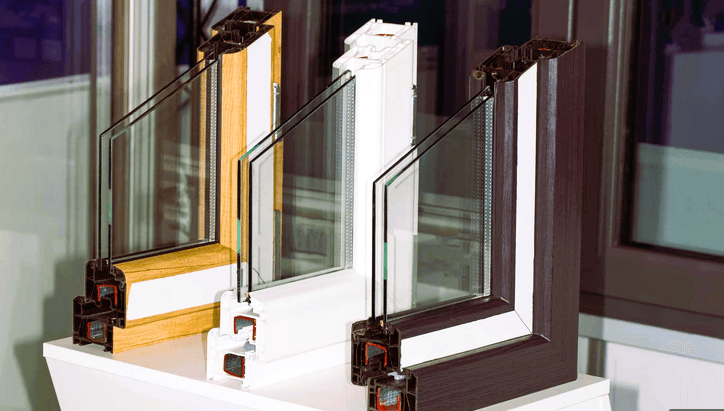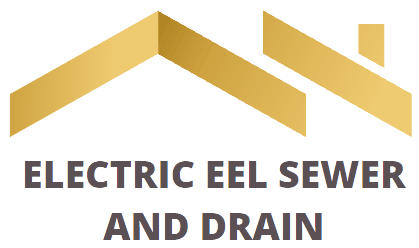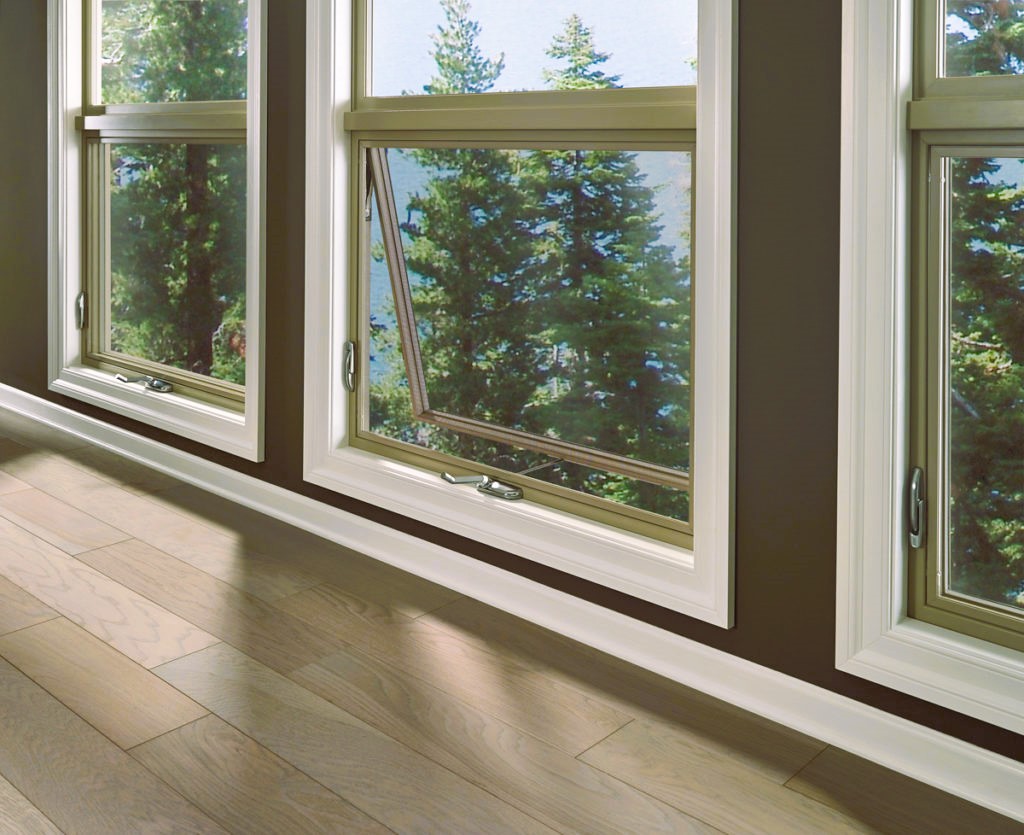Choosing the right window material is essential when it comes to enhancing the aesthetics, durability, energy efficiency, and maintenance requirements of your home. Different window materials offer unique advantages and considerations. This article explores the pros and cons of popular window materials, including vinyl, wood, fiberglass, and aluminum. Reputable sources such as Wikipedia and the Government of Canada’s official website (canada.ca) provide valuable information on window materials and standards.
1. Vinyl Windows
Pros:
- Affordability: Vinyl windows are generally more affordable compared to other materials, making them a cost-effective option.
- Low Maintenance: Vinyl windows are easy to maintain. They do not require painting, sealing, or extensive cleaning, making them a convenient choice for homeowners.
- Energy Efficiency: Vinyl windows often have good thermal performance and can contribute to energy efficiency by reducing heat transfer.
Cons:
- Limited Color Options: Vinyl windows typically come in a limited range of colors. While they can be painted, the color options may be more limited compared to other materials.
- Limited Design Flexibility: Vinyl windows may have limitations in terms of design flexibility and customization options compared to other materials.

2. Wood Windows
Pros:
- Natural Beauty: Wood windows offer a timeless and elegant aesthetic, adding warmth and character to your home.
- Versatility: Wood is highly versatile and can be easily customized to fit various architectural styles and design preferences.
- Excellent Insulation: Wood has natural insulating properties, providing good thermal performance and energy efficiency.
Cons:
- Higher Maintenance: Wood windows require regular maintenance, including painting, staining, and sealing, to protect against moisture, rot, and insect damage.
- Higher Cost: Wood windows tend to be more expensive compared to other materials, making them a premium option. The frequency of pumping out a septic tank, how to determine the rate, more here.
3. Fiberglass Windows
Pros:
- Durability: Fiberglass windows are highly durable and resistant to warping, rotting, and expanding or contracting due to temperature changes.
- Low Maintenance: Similar to vinyl windows, fiberglass windows are low maintenance and do not require frequent painting or sealing.
- Energy Efficiency: Fiberglass windows have excellent thermal performance, contributing to energy efficiency and reducing heating and cooling costs.
Cons:
- Higher Cost: Fiberglass windows can be more expensive compared to vinyl windows, making them a higher-end option.
- Limited Availability: Fiberglass windows may have limited availability in some markets compared to other materials.
4. Aluminum Windows
Pros:
- Strength and Durability: Aluminum windows are known for their strength and durability, making them suitable for areas with harsh weather conditions.
- Slim Profiles: Aluminum frames allow for sleek and modern designs with thin profiles, maximizing the glass area and views.
- Low Maintenance: Aluminum windows are resistant to corrosion and require minimal maintenance.
Cons:
- Poor Thermal Performance: Aluminum is a highly conductive material, which can result in poor thermal performance and heat loss if not properly thermally broken.
- Condensation Issues: Without proper thermal breaks, aluminum windows may be prone to condensation, potentially leading to moisture-related issues.

Standardization and Resources
Standardization plays a crucial role in ensuring the quality and performance of windows. Reputable sources such as Wikipedia and the Government of Canada’s official website (canada.ca) provide comprehensive information on window materials, performance standards, and guidelines for selecting windows.
For detailed insights into window materials and industry standards, consider referring to the following resources:
These sources offer valuable information on window materials, energy efficiency, performance standards, and guidelines for selecting the right windows for your home.
Conclusion
Choosing the right window material involves considering factors such as affordability, maintenance requirements, energy efficiency, aesthetic preferences, and durability. Vinyl windows offer affordability and low maintenance, while wood windows provide natural beauty and versatility. Fiberglass windows offer durability and excellent thermal performance, while aluminum windows provide strength and slim profiles. By understanding the pros and cons of different window materials, homeowners can make informed decisions based on their specific needs and preferences. Consult reputable sources and industry professionals to ensure you select windows that meet recognized standards and enhance the overall quality of your living spaces.

